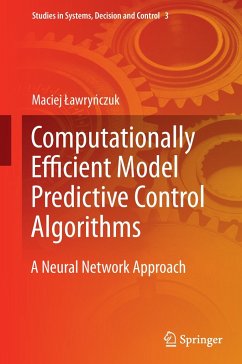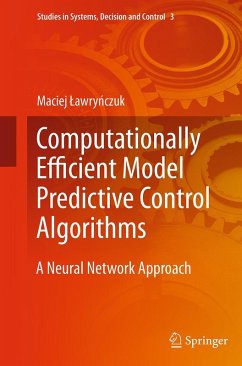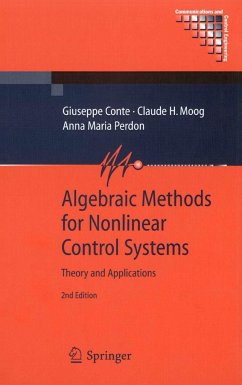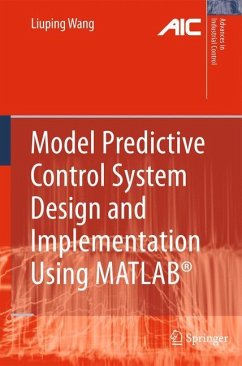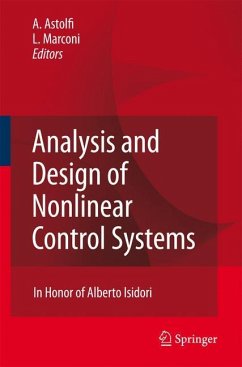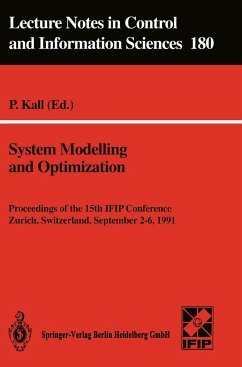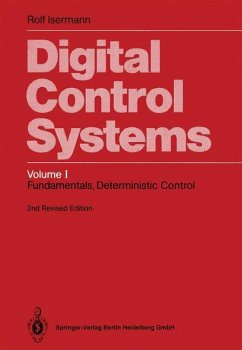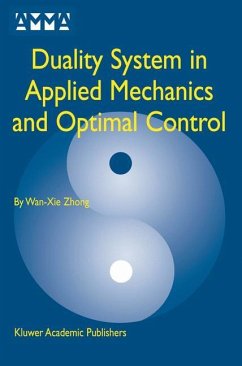
Nonlinear Model Predictive Control

PAYBACK Punkte
57 °P sammeln!
During the past decade model predictive control (MPC), also referred to as receding horizon control or moving horizon control, has become the preferred control strategy for quite a number of industrial processes. There have been many significant advances in this area over the past years, one of the most important ones being its extension to nonlinear systems. This book gives an up-to-date assessment of the current state of the art in the new field of nonlinear model predictive control (NMPC). The main topic areas that appear to be of central importance for NMPC are covered, namely receding hor...
During the past decade model predictive control (MPC), also referred to as receding horizon control or moving horizon control, has become the preferred control strategy for quite a number of industrial processes. There have been many significant advances in this area over the past years, one of the most important ones being its extension to nonlinear systems. This book gives an up-to-date assessment of the current state of the art in the new field of nonlinear model predictive control (NMPC). The main topic areas that appear to be of central importance for NMPC are covered, namely receding horizon control theory, modeling for NMPC, computational aspects of on-line optimization and application issues. The book consists of selected papers presented at the International Symposium on Nonlinear Model Predictive Control - Assessment and Future Directions, which took place from June 3 to 5, 1998, in Ascona, Switzerland.
The book is geared towards researchers and practitioners in the area of control engineering and control theory. It is also suited for postgraduate students as the book contains several overview articles that give a tutorial introduction into the various aspects of nonlinear model predictive control, including systems theory, computations, modeling and applications.
The book is geared towards researchers and practitioners in the area of control engineering and control theory. It is also suited for postgraduate students as the book contains several overview articles that give a tutorial introduction into the various aspects of nonlinear model predictive control, including systems theory, computations, modeling and applications.





